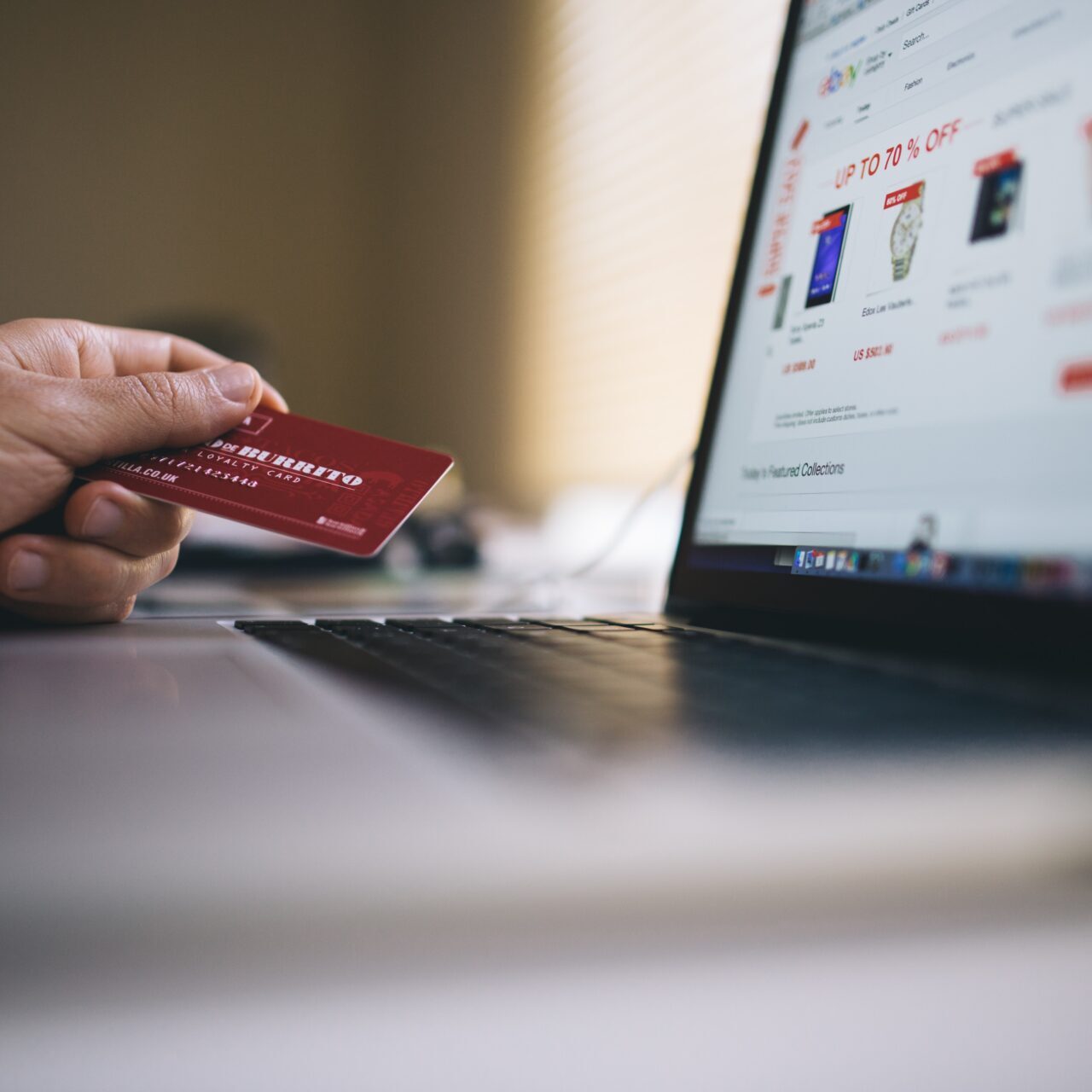As we slide past the one-year anniversary of the first COVID-19-related lockdown in Canada, we reflect upon the monumental shifts that have taken place within our personal and professional lives. Everyone’s pandemic-experience has been vastly different: some of us pivoted to working from home, simultaneously virtually schooling our children…some of us struggled financially amid job losses or business closures…some of us longed to see our families and friends once again…and some of us resented the time we spent isolated within close quarters with our loved ones for so long!
Despite these unique experiences, there were some prominent trends that arose over the course of the public health crisis, and one of these was the surfacing of COVID-19 Scams, targeting individuals and businesses across the country. March is Fraud Prevention Month, and in honour of this, Toronto’s leading Private Investigator Team at Star Quality Private Investigations® are sharing what you need to know about these alarmingly common cases of fraud, and how to protect yourself from becoming a victim of a COVID-19 scam.
What Exactly is a COVID-19 Scam?
COVID-19 scams have been used to define instances of fraud that are specifically targeting the fears and vulnerabilities of Canadians that have been exacerbated by the pandemic. Some of these scams are not necessarily new, but their model may have shifted to profit from the uncertainly and desperation within our communities. These scams take on many different forms, the two most common of which we are sharing below:
Credit Card & Debit Card Scams
Much of the current activity around credit card and debit card fraud, surrounds fraudsters preying upon both the insecurities, as well as the sensitivities and charitable nature of Canadians during this unprecedented time. Adrianne F, Director of Star Quality Private Investigations®, comments on this trend in a recent CTV News story:
“These types of credit card and debit card type of frauds are on the rise…People during COVID are desperate and are coming up with new and innovative ways to defraud typically good Samaritans.”
In this particular story, a Toronto woman had her debit card switched and thousands of dollars stolen when she tried to help a young man who needed help paying for his taxi. Canadians are very aware of the hardships faced by their community members at large over the past year and many are more apt to lend a helping hand…unfortunately COVID-19 scamsters are exploiting this generosity.
While lock-down measures have loosened in regions across the country, many Canadians have shifted the vast majority of their monthly shopping and retail to online sources, and scamsters have also been quick to pick up on this trend. Some of these fraudulent online retailers are honing in on the fear and insecurity of internet shoppers by advertising PPE equipment or virus-testing devices, then stealing/misusing credit or debit card information upon purchase. The Canadian Bankers Association (CBA) last month reported that the internet is now littered with (very authentic looking) fake websites and apps that are designed to steal your personal information. Online shoppers need to be wary and savvy about learning how to spot a scam-site.
Phone & Text/SMS Scams
Canadians have reported receiving fraudulent phone calls and text messages from senders alleging to be the Public Health Agency of Canada, claiming that the recipient has tested positive for COVID-19 and needs to provide payment information to access a prescription. Others have reported texts from the Red Cross of Canada, providing a link to a free face mask.
In light of the recent unrolling of vaccines across Canada, some have even reported receiving fraudulent phone calls to reserve a vaccination appointment by providing their SIN number, health card number, as well as credit card number to verify identity.
All of these scams, and others like them, are aimed at accessing and misusing your personal information for financial gain.
Top Tips for Protecting Yourself from the Dangers of COVID-19 Scams:
- If you’re purchasing anything online, particularly if it’s from a buyer (on Kijiji, for example) or from an online outlet that you haven’t used in the past, take 5 minutes to google the name, address, and phone number of the seller (or the name of the site) and tack the words “fraud” or “scam” onto your search query to see if anything comes up. Chances are, if someone has already been scammed by them, there is something out there on the world wide web to warn unsuspecting buyers! This also applies to a charity or organization requesting donations; do your homework before providing any personal or payment information.
- Never respond to or open hyperlinks within emails or text messages about COVID-19 from an unknown party or individual. Delete these messages immediately from your inbox.
- Note that Public Heath nor Government officials will not call you requesting personal information in regards to a COVID-19 test, test results, PPE equipment or a vaccine appointment. Should you receive a suspicious call of this nature, hang up immediately.
If you think you are the victim of a COVID-19 scam, or if you are looking for more information on how to protect yourself from fraudulent losses, reach out to Toronto’s trusted PI Team at Star Quality Private Investigations®!
Sources:
https://discover.rbcroyalbank.com/6-ways-to-protect-yourself-from-covid-19-scams/
https://cba.ca/online-shopping-scams-during-the-pandemic
